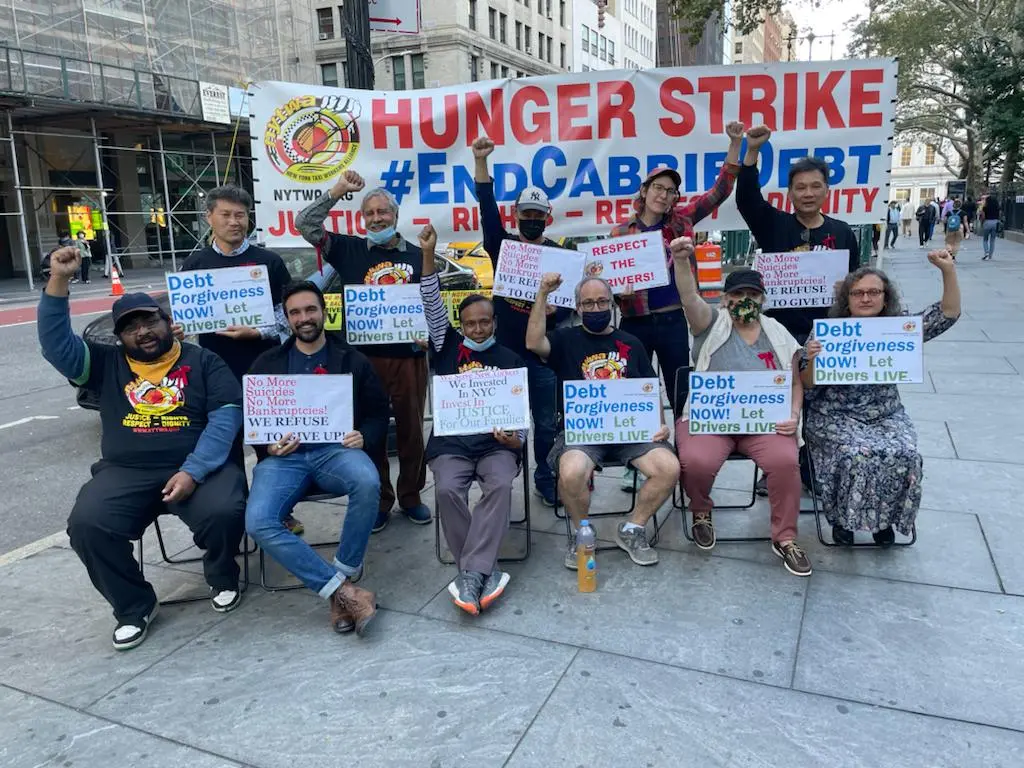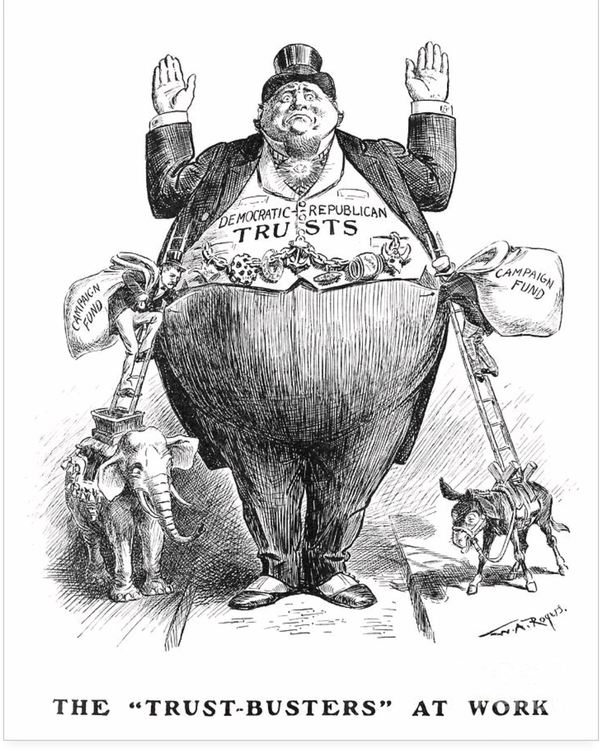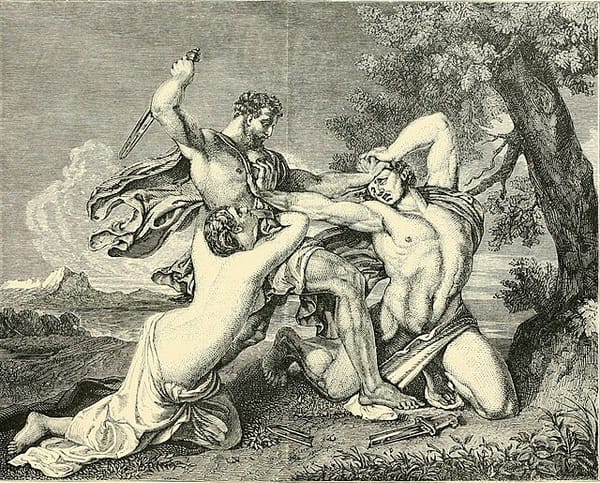On Zohran Mamdani and Taxi Drivers

Pinch me! Last Tuesday Zohran Mamdani beat Andrew Cuomo decisively in the Democratic primary for Mayor of NYC and I am still in profound and happy shock.
It seemed impossible that anyone would beat Cuomo three months ago, and extremely unlikely that Mamdani, outspoken critic of Israel's atrocities in Gaza and advocate for free buses and freezing rent, could overcome millions of Michael Bloomberg's money being spent against him.
Elite media wants to put it down to charisma and viral videos, but clearly, what Zohran was saying and what he stands for struck a deep chord. One fact I think hasn't gone nearly enough attention: he had 50,000 volunteers. That means almost one in twenty five voters were also volunteers. I've never seen anything like it.
The tired chant, "this is what democracy looks like" often just means "this is what protest looks like," not self-government. The campaign gives me hope because those 50,000 people live in the city, work in the city, the volunteer operation is not a separate fact of people's lives, but an integrated one. A machine like that, without promise of a job, means that tens of thousands of mostly young people saw or heard something about Mamdani's politics that made them give up TikTok and the Mets, and sign up to walk through apartment buildings and meet strangers and talk to them.
They knocked on more doors than there were primary votes. (1.5 to 1.1 million).
Another way to put it is that its very exciting that the big rejoinder to Trump is coming from a municipal election, where it is possible to imagine politics and discussion and real debate happening at scale. Get involved locally.
Here's the election night speech, well worth the watch, about how affordability and democracy need not be two separate dreams:
A New Dawn for New York City
At the Mamdani election night party the first person I saw was Bhairavi Desai, the leader of the New York Taxi Workers Alliance, an incredible group of Taxi, Uber and Lyft drivers (I profiled them in my last book, Break 'em Up).
NYC Taxi drivers were dying by suicide, crushed by debt and abandoned by the very systems that were supposed to protect them. In response, NYTWA and dozens of taxi drivers, mostly immigrants and many elderly, launched a hunger strike. For 45 days, they protested the crushing medallion debt that their fellow taxi drivers faced. Newly elected Assemblymember Zohran Mamdani, along with Assemblymember Yuh-Line Niou, moved to the protest site. They fasted for 15 days alongside the drivers, until they eventually won--also very much against the odds.
Speaking of local politics--on the other side of the country--it was through the fight led by the New York Taxi Workers Alliance that I met another politician you should pay attention to and support, David Seligman. Seligman pointed out that Uber and Lyft looked like they were engaging in wage fixing in NYC. He has also sued Uber, and helped drivers organize, and was one of the few lawyers in the country who understood how corporate power weaponizes the law and how to fight back. He was relentless.
David is now running for Colorado attorney general.
I think its a good test of a good politician where they stand vis a vis Uber. David is one of the fiercest antimonopoly lawyers in the country. He takes on exploitative bosses, abusive landlords, Silicon Valley giants, anyone who profits from rigging the system against working people.
Obviously, corporate interests are already trying to stop him.
If you can, please help give early support to David Seligman in his Attorney General’s race? It would be really amazing to have him in that role as we build this antimonopoly movement nationally.
Thanks.
In solidarity,
Zephyr Teachout
PS: I did a shift of volunteering in a set of upper west side rent stabilized buildings, and, right between where Cuomo won and Mamdani won, the doors were not easy, but that's what made them meaningful. One woman (who we convinced! told us how comforting Cuomo had been during Covid. Another (who we did not) shouted at us all the way down the hall. These were real conversations, some of them lasting 15 or twenty minutes. The young women I canvassed with were in their twenties, and we had a lot fun, but it was far more engaged and curious than most door-knocking I've done; we learned things, the people at the doors learned things, and we talked about politics in an open honest way–this wasn’t some microtargeting effort to exploit individual biases. Maybe we can rebuild democracy after all.
Support this newsletter here.


